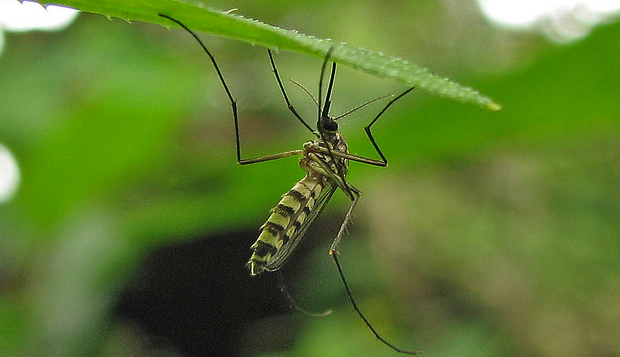An excellent article on the realities of effective development work in Fast Company
Uvealblues
Link
Rajasthan is India's desert state, an often inhospitable place where per capita income averages around $1.77 per day. Poverty like that--understanding it and imagining ways to fix it--is what Esther Duflo lives for. Since 2003, her Abdul Latif Jameel Poverty Action Lab (named for a wealthy Saudi donor), or J-PAL, has conducted 240 randomized, controlled trials of specific ways to help the poor. She tests poverty solutions the way medical researchers test new drugs, which can violate the pieties of the philanthropic community. But she has earned a lot of respect along the way: In 2009, the MIT economist won a MacArthur "genius award" for bringing the scientific method to development work.
In Rajasthan, Duflo has been exploring whether incentives might help get more young children vaccinated.
(..)
Bribing the poor is a notion that could offend just about anyone. We all like our philanthropy pure: Give the money, volunteer at the shelter, act with good intentions, and things will just get better. That's not a mode of thinking that allows the less fortunate to have human motivations, and it's certainly not a mode of thinking that encourages us to reflect on our own flaws. But be honest--you'd probably offer your own child a piece of candy as a reward for taking her shots. If we really want to make change, we have to discard what Duflo calls our "cartoon visions" of the poor. Doing good means engaging with what people really need and getting it to them by any means necessary
Uvealblues
Link
Rajasthan is India's desert state, an often inhospitable place where per capita income averages around $1.77 per day. Poverty like that--understanding it and imagining ways to fix it--is what Esther Duflo lives for. Since 2003, her Abdul Latif Jameel Poverty Action Lab (named for a wealthy Saudi donor), or J-PAL, has conducted 240 randomized, controlled trials of specific ways to help the poor. She tests poverty solutions the way medical researchers test new drugs, which can violate the pieties of the philanthropic community. But she has earned a lot of respect along the way: In 2009, the MIT economist won a MacArthur "genius award" for bringing the scientific method to development work.
In Rajasthan, Duflo has been exploring whether incentives might help get more young children vaccinated.
(..)
Bribing the poor is a notion that could offend just about anyone. We all like our philanthropy pure: Give the money, volunteer at the shelter, act with good intentions, and things will just get better. That's not a mode of thinking that allows the less fortunate to have human motivations, and it's certainly not a mode of thinking that encourages us to reflect on our own flaws. But be honest--you'd probably offer your own child a piece of candy as a reward for taking her shots. If we really want to make change, we have to discard what Duflo calls our "cartoon visions" of the poor. Doing good means engaging with what people really need and getting it to them by any means necessary







